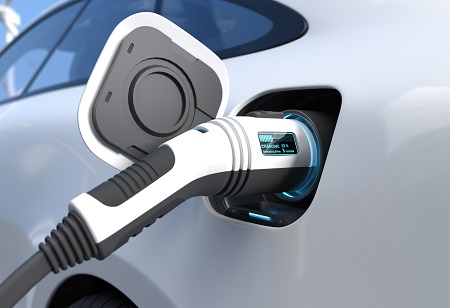
Hyundai Motor Co broke ground on a 2 trillion won (US$1.52 billion) dedicated electric vehicle (EV) plant in South Korea on Nov 13, accelerating the automaker's shift to electrification. It is the world's third-largest automaker by sales, plans to begin mass production of EVs from the plant in the first quarter of 2026 after completing construction in 2025.
The factory in Ulsan, South Korea, will have an annual capacity of 200,000 units, and the company has announced that its first model will be an electric sport utility vehicle (SUV) from its luxury brand Genesis. Hyundai Motor Group, which includes the Hyundai Motor, Kia, and Genesis brands, announced in April that it intends to launch 31 electric vehicles by 2030.
Hyundai Motor Group's Executive Chair Euisun Chung, Hyundai Motor's chief executive officer and other officials, including the Ulsan Metropolitan City Mayor, attended the event to witness the ground breaking of the EV factory, the automaker's first new plant in South Korea in 29 years. Hyundai's Ulsan complex is its biggest manufacturing site.
The groundbreaking comes after Hyundai Motor announced that it would stick to its EV rollout plans, in contrast to some competitors who have reduced EV production due to cooling demand. General Motors Co said it would delay production of the Chevrolet Silverado and GMC Sierra electric pickup trucks at a Michigan plant by a year due to flattening demand for EVs. Ford Motor Company is temporarily eliminating one of three shifts at its plant that manufactures the electric F-150 Lightning pickup truck.
Tesla Inc is also delaying plans for a factory in Mexico, while GM and Honda announced last month that they were cancelling a $5 billion joint venture to develop lower-cost EVs.
We use cookies to ensure you get the best experience on our website. Read more...